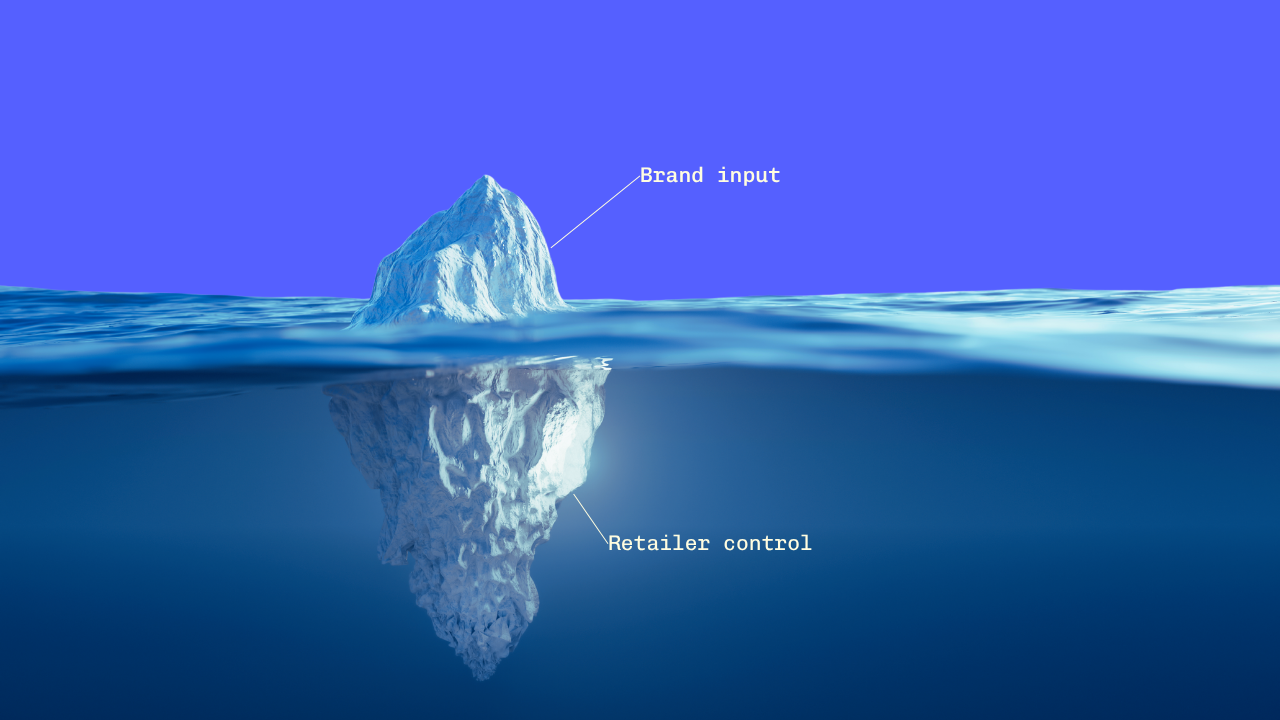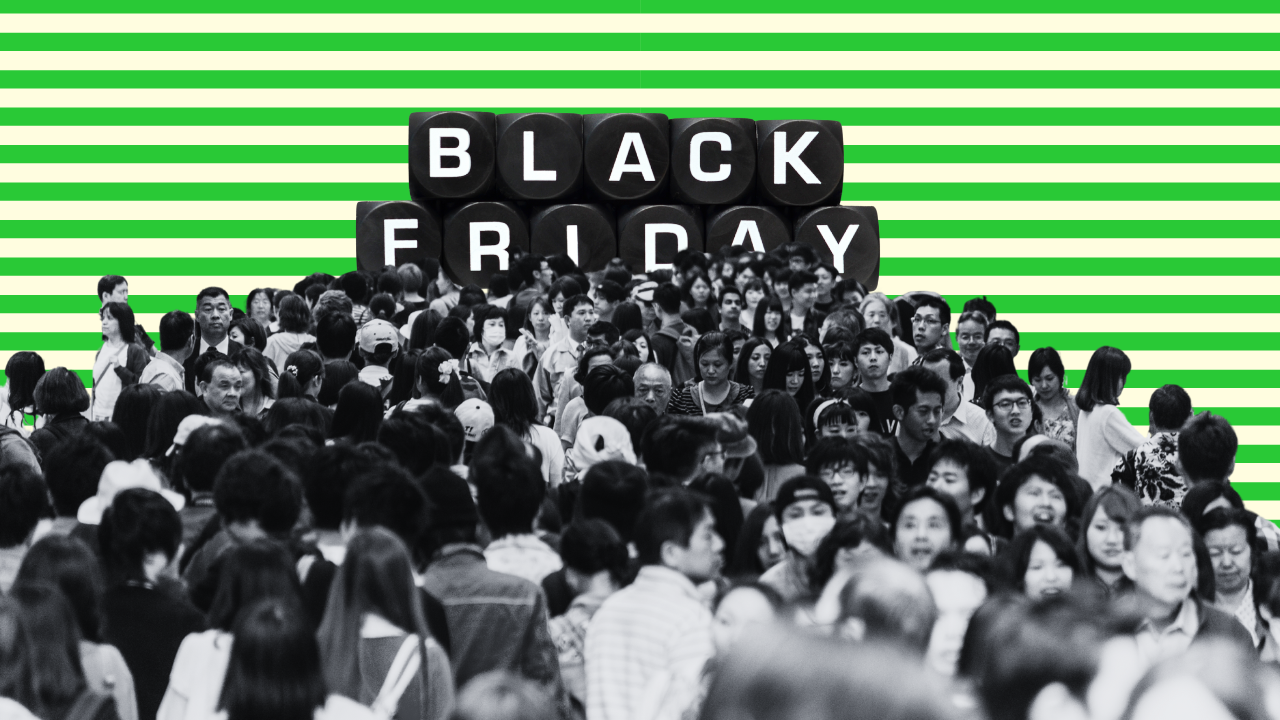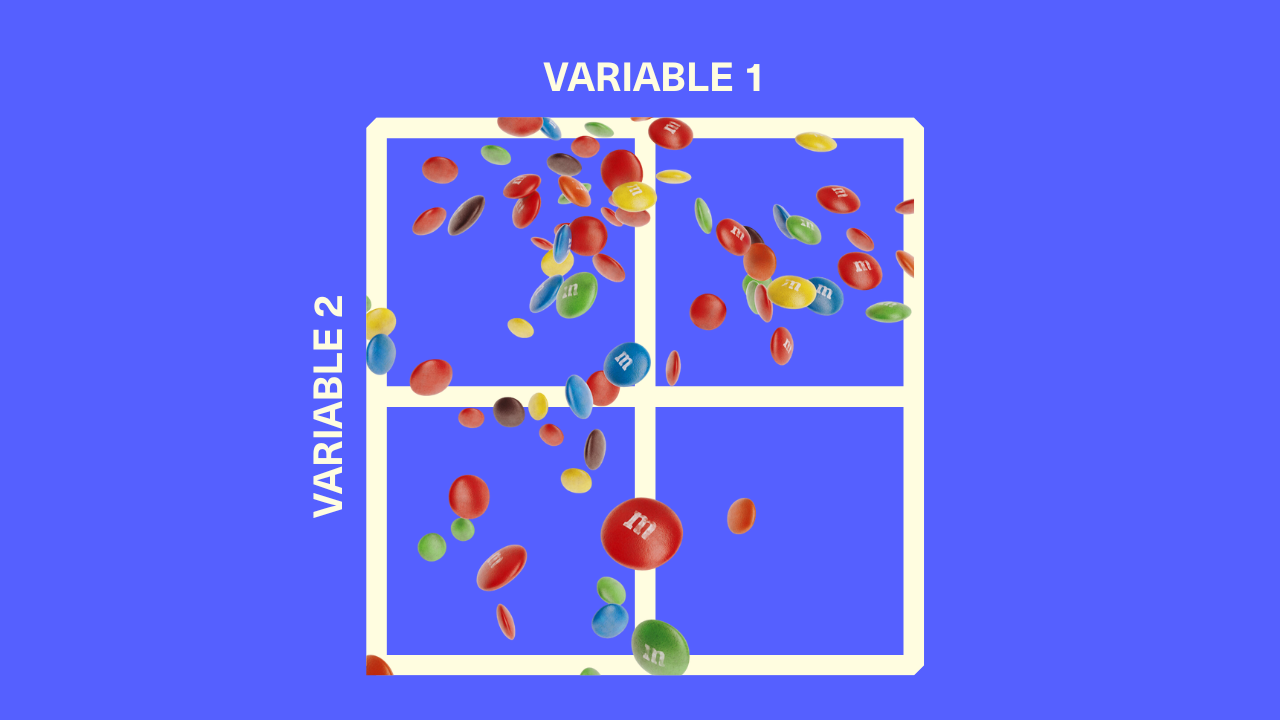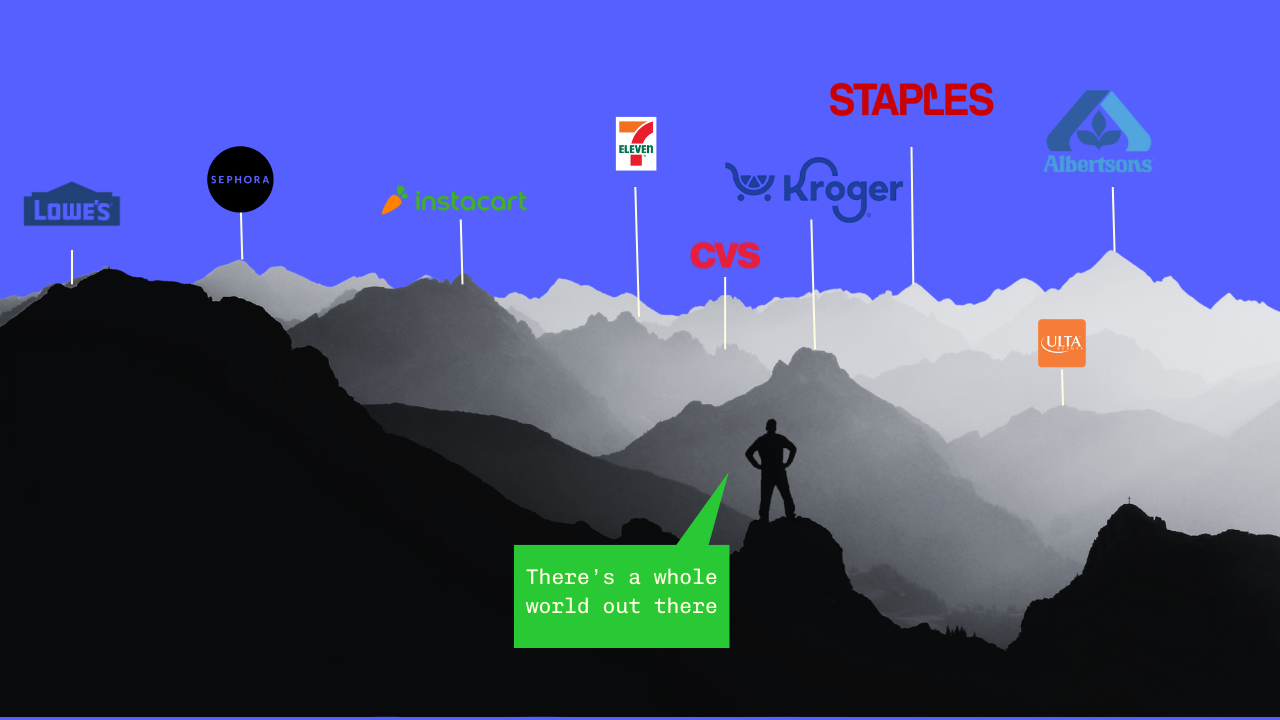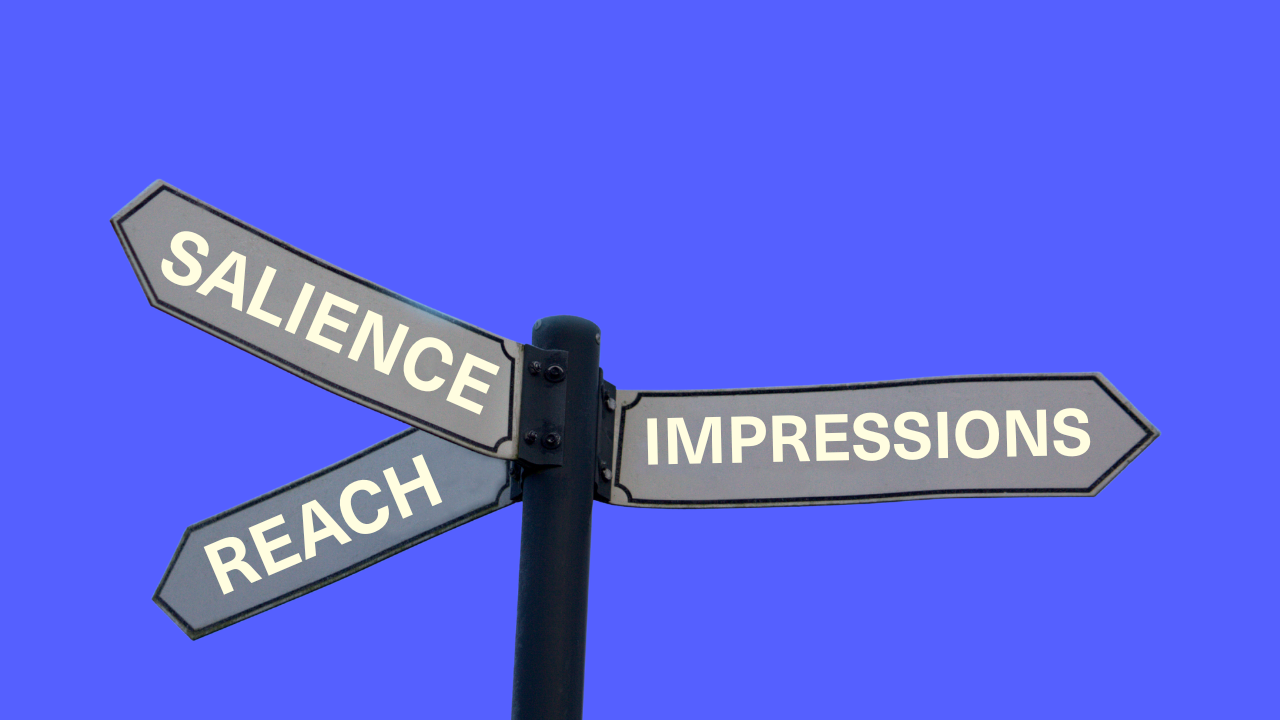Praise for Retail Media Breakfast Club
Read Daily by Thousands of Retail Media Leaders from…

Most Popular
Latest Posts
Retail Media Breakfast Club
A quick hit of retail media industry analysis and trends, served up hot every day Monday to Thursday at 6AM ET.
Who’s behind Retail Media Breakfast Club?

Hi, I’m Kiri Masters. I’m an independent retail media industry commentator.
I write, speak and podcast about this space and increasingly, how it will be affected by AI-enabled commerce.
This is my daily newsletter and podcast where I share analysis, trends, and new research for those in the industry.
Explore Topics


